“Ladies, Not Allowed”: Taliban Foreign Minister Muttaqi’s Press Conference
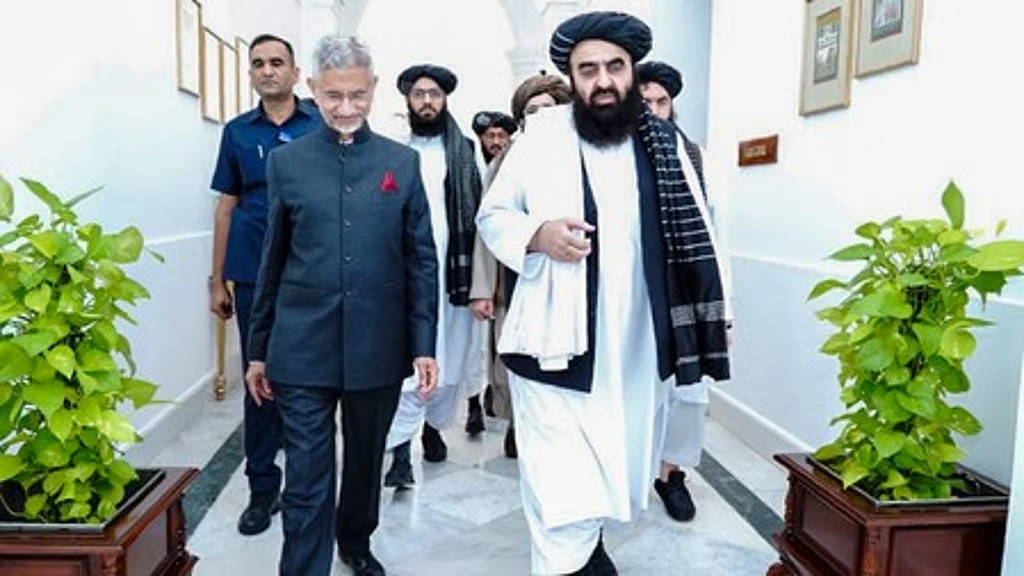
The recent visit by Afghanistan’s Foreign Minister, Amir Khan Muttaqi, to New Delhi was intended to mark a "big reset of ties," yet the diplomatic progress was immediately overshadowed by a significant moral controversy. The press conference held at the Afghan Embassy sparked widespread outrage as women journalists were allegedly excluded, with some reporters being explicitly stopped from entering the meet. This incident at the heart of the capital forced a stark confrontation between strategic foreign policy goals and the fundamental democratic values India claims to uphold.
The alleged exclusion is not an isolated organizational oversight but a direct reflection of the policies enforced by the Taliban government. The regime in Afghanistan is notorious for its severe restrictions on women, including barring them from working, banning books authored by women in universities, and dropping key academic courses like Gender and Development, Women's Sociology, and Human Rights. The act of excluding female journalists in New Delhi, despite reports that they had respected the dress code, served as a painful reminder of this systemic gender apartheid, prompting many journalists to express their anger and disappointment on social media.
In response to the growing political storm, the Ministry of External Affairs (MEA) asserted that India had "no role to play," stating that the invites were issued by the Afghanistan Consul General in Mumbai to select journalists and that the Afghan Embassy territory does not fall under the jurisdiction of the Indian government. However, this defense failed to satisfy opposition leaders. Leader of Opposition Rahul Gandhi hit out at the Prime Minister, claiming that allowing such exclusion tells Indian women that the government is "too weak to stand up for them," adding that the PM’s silence "exposes the emptiness of your slogans on Nari Shakti."
The controversy is complicated by the significant diplomatic success that accompanied the visit. Muttaqi held talks with External Affairs Minister S Jaishankar, after which India announced the upgrading of its Technical Mission in Kabul to the status of an Embassy—a move welcomed by the Afghan Minister. Jaishankar publicly committed to Afghanistan's sovereignty, territorial integrity, and development, pointing to existing India-backed projects and committing to six more. This strategic move to deepen engagement is now inextricably tied to the ethical dilemma presented by the press conference’s restrictive nature.
Ultimately, this episode compels the government to reconcile its foreign policy objectives with its moral compass. While strategic engagement and a "big reset" of ties with Afghanistan are crucial for regional stability, the silence in the face of alleged gender discrimination challenges India's global standing as a champion of democracy and women's rights. The government's decision to pursue diplomatic gain must be consistently weighed against the cost of seemingly endorsing or allowing the exclusion of women on Indian soil, demanding a clear, unequivocal stand on the principle of equal participation for all.

 2 months ago
2 months ago

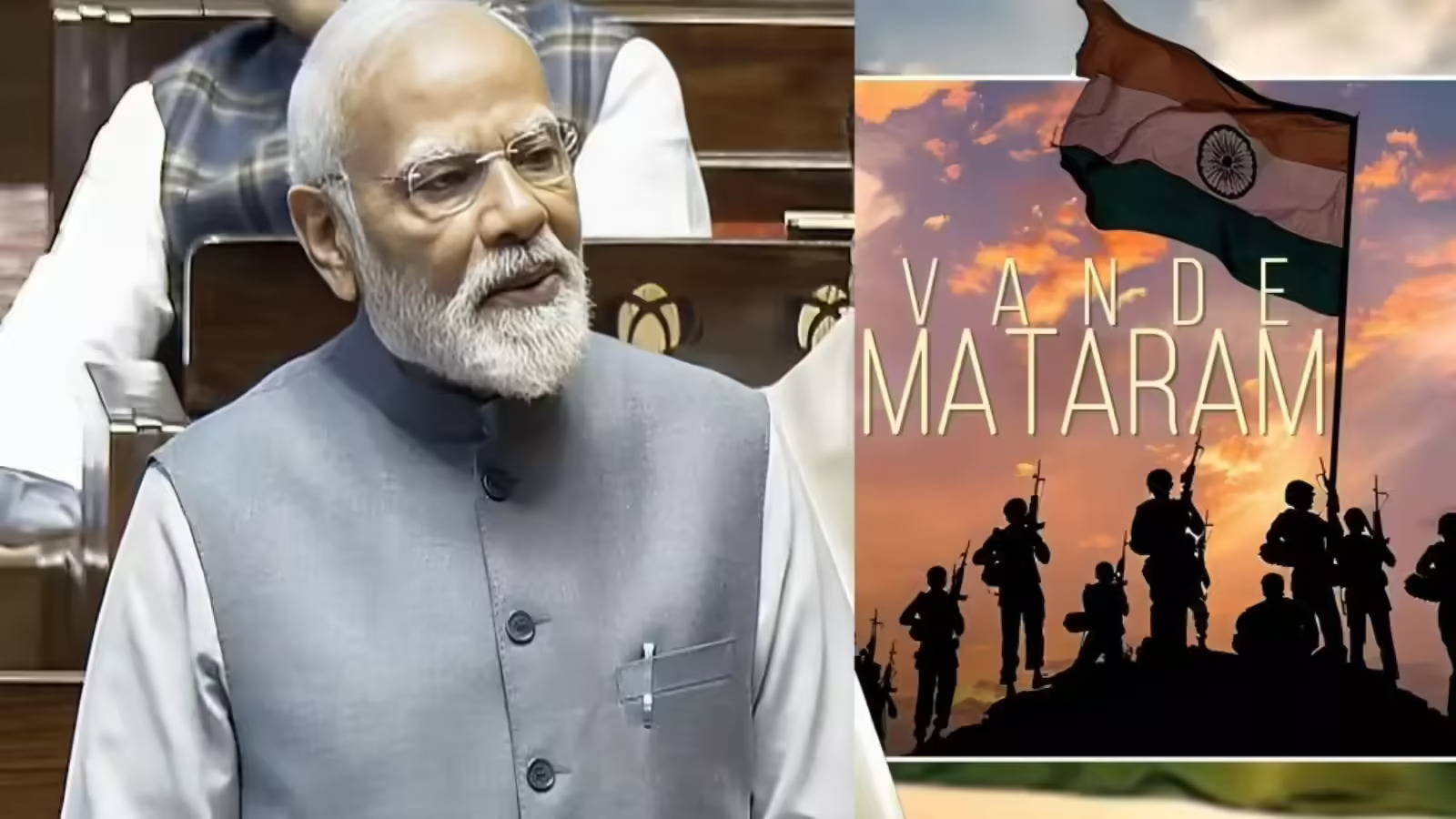
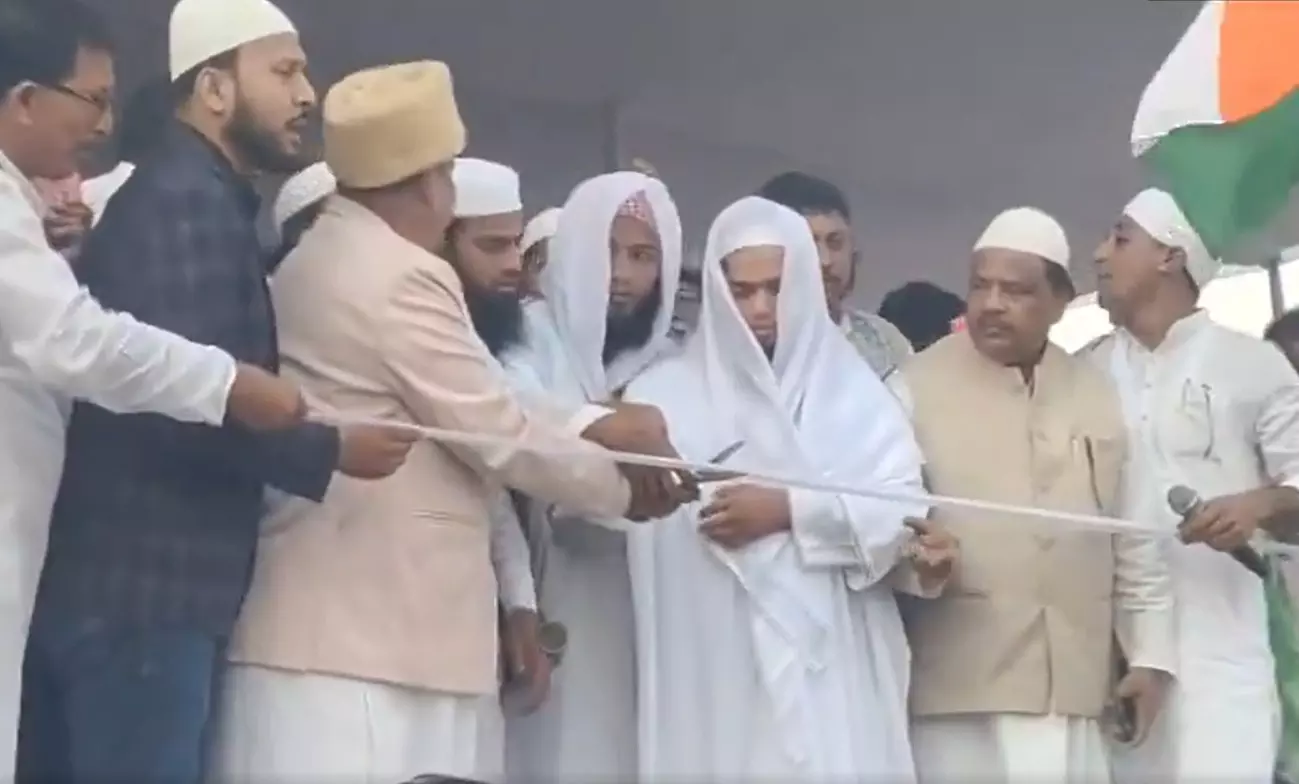
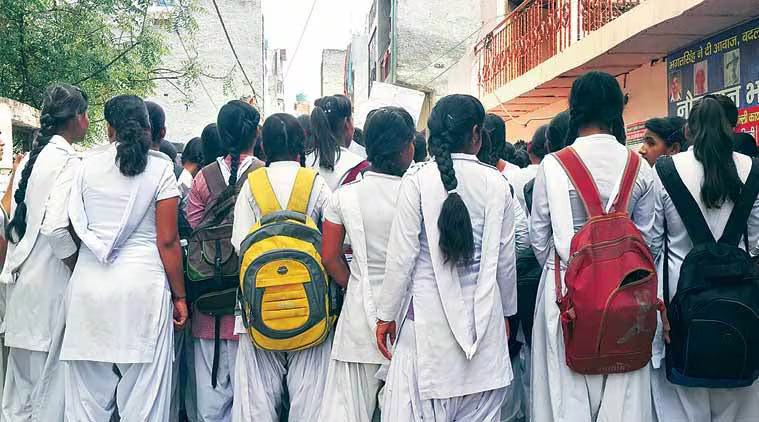
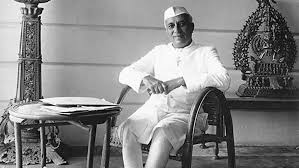
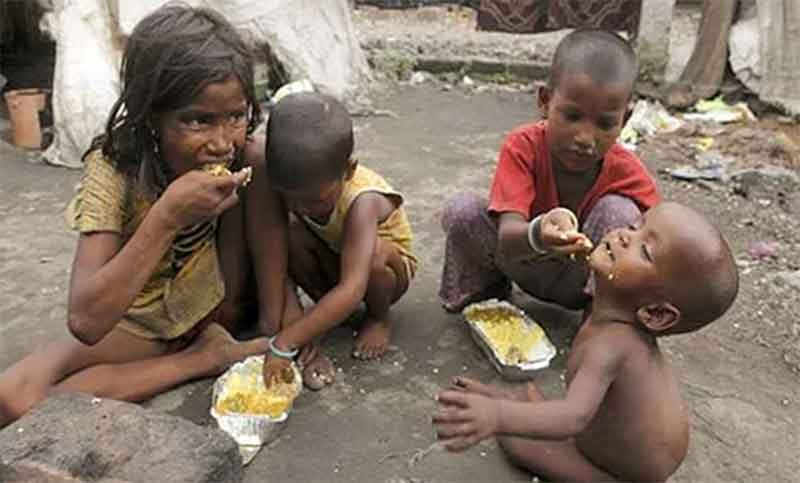

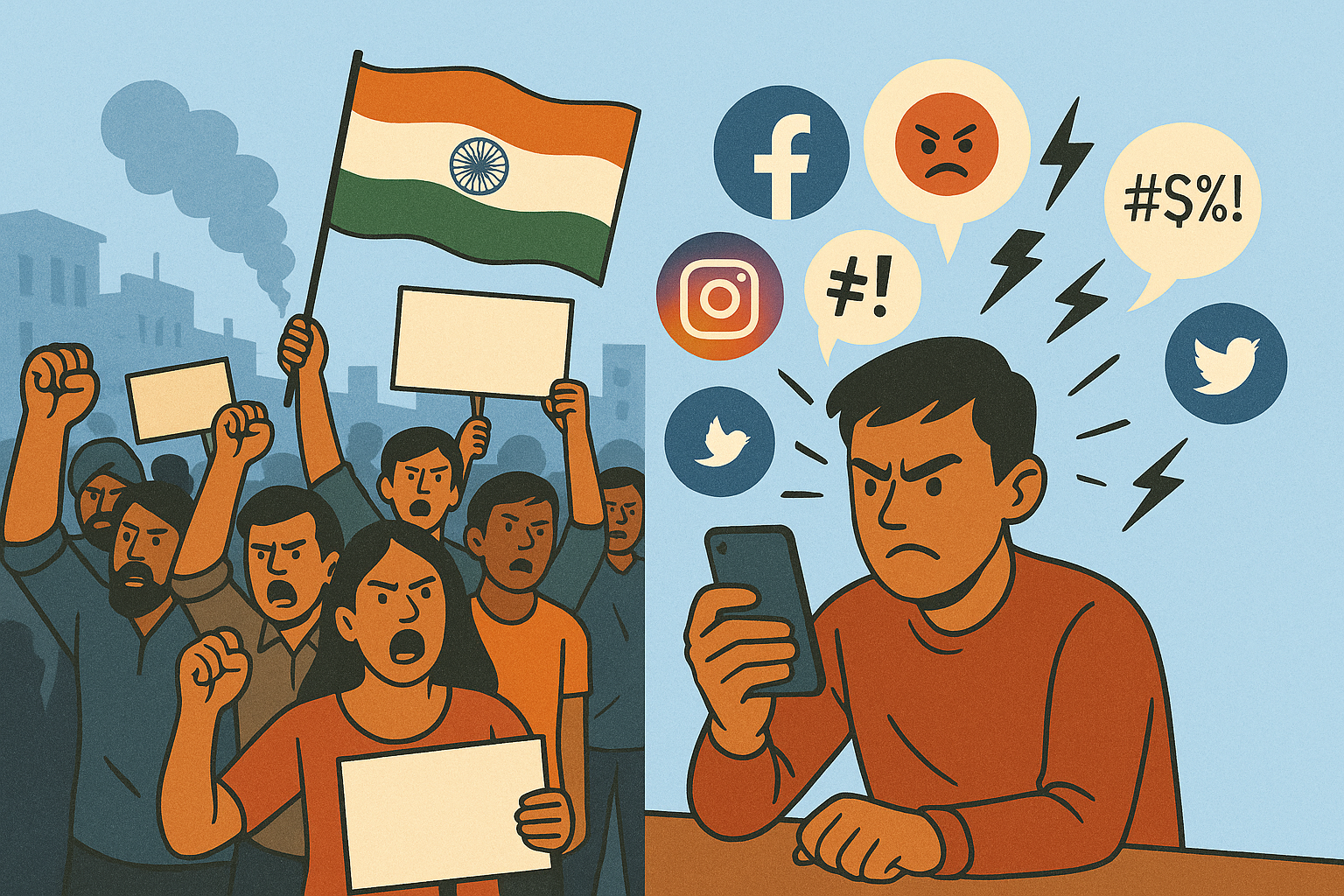
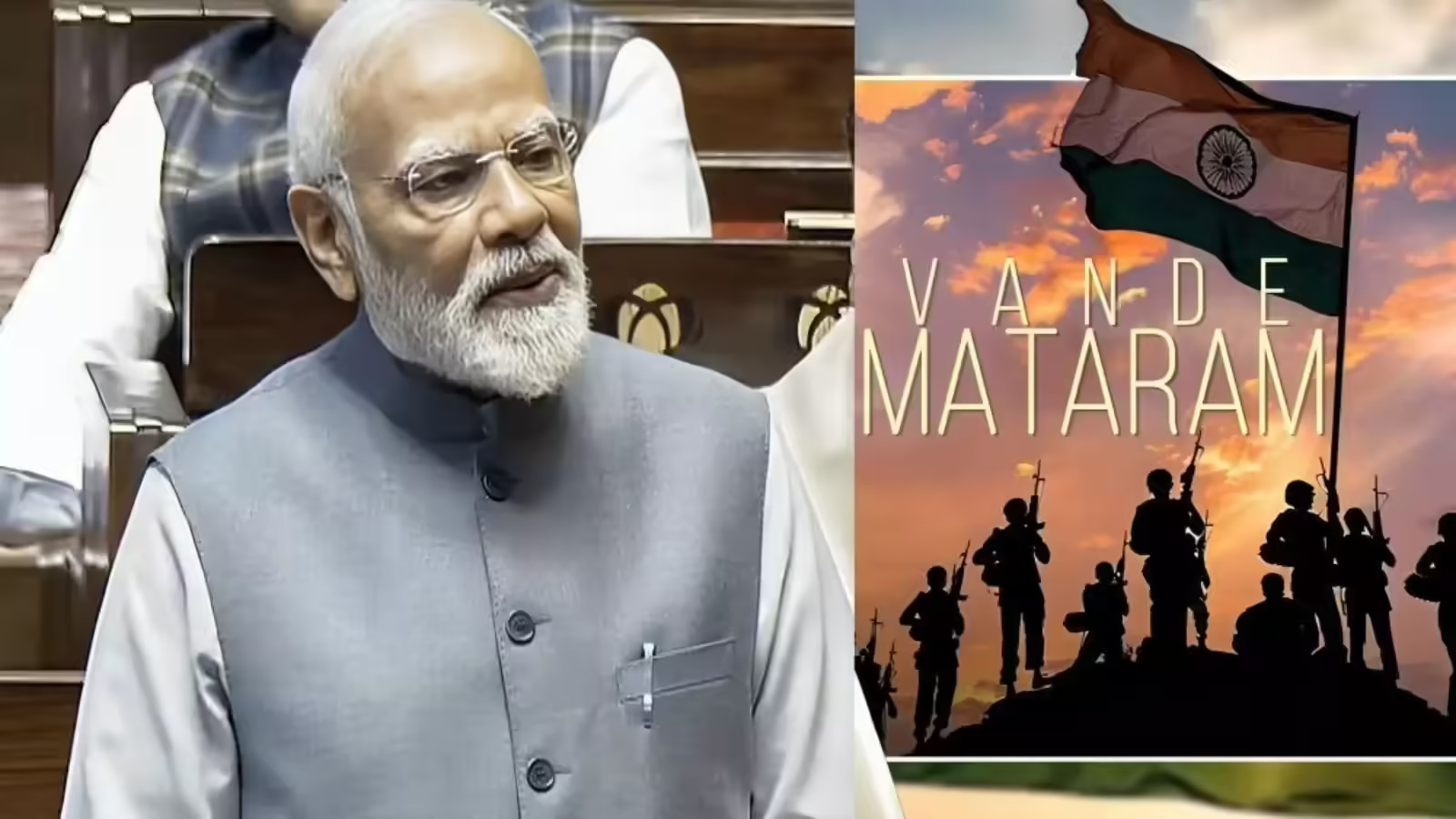
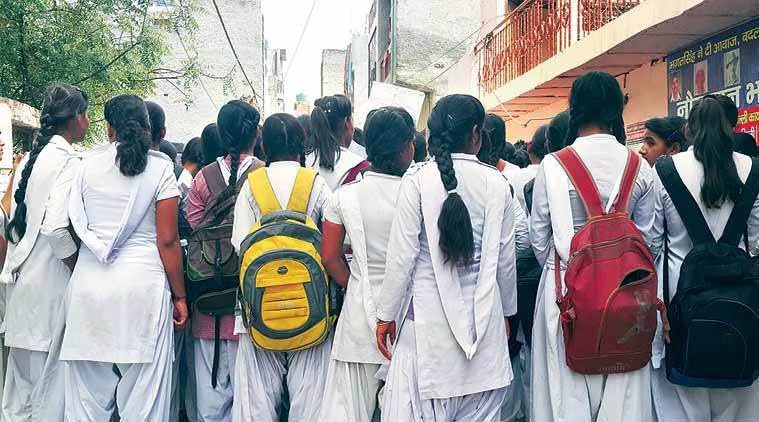

[[comment.comment_text]]